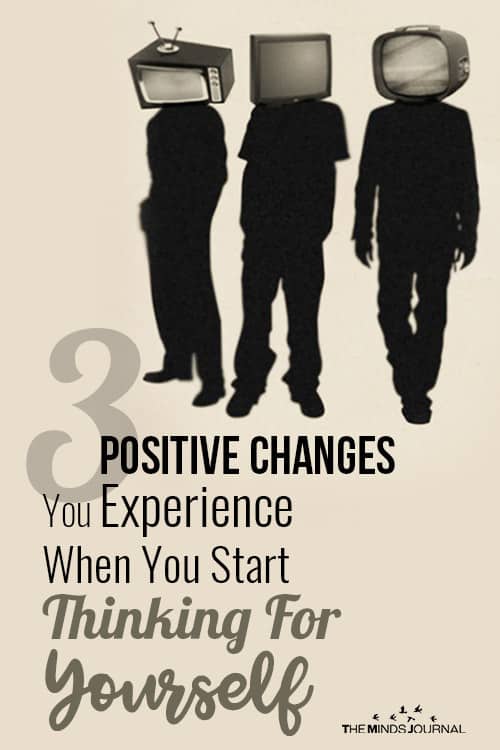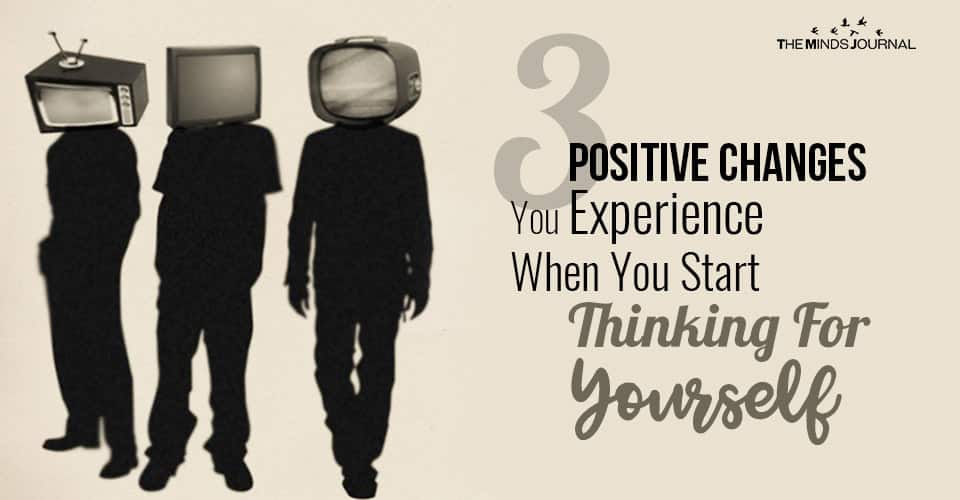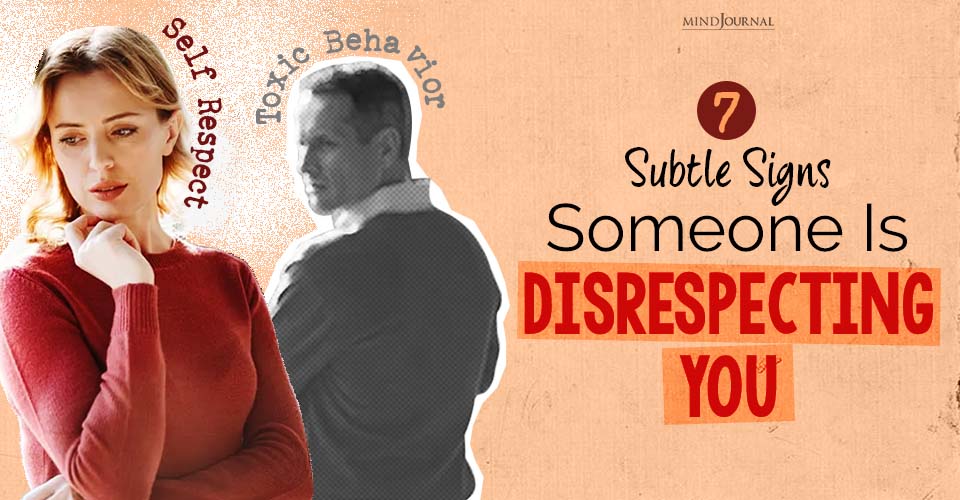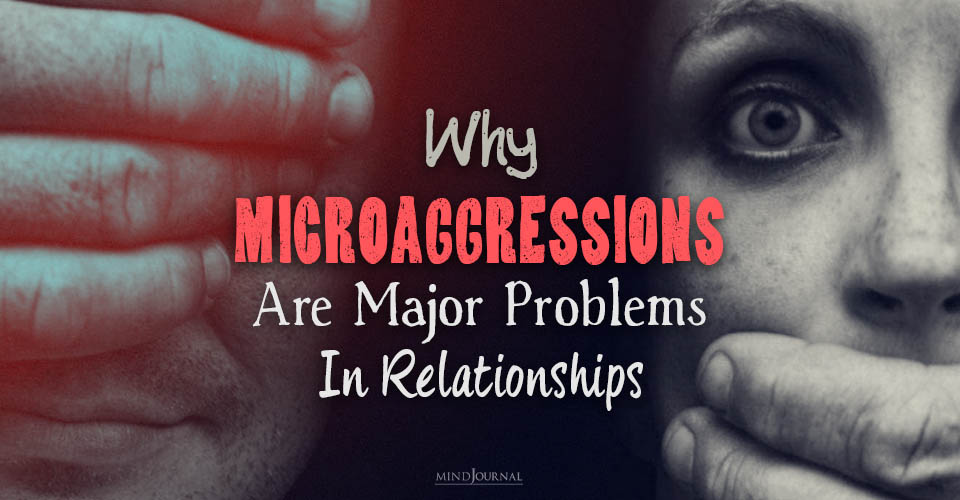Do you know that thinking for yourself can change your life?
Logical thought is one of the main traits that distinguish us, humans, from other animals.
The majority of people, however, don’t make full use of their thinking capacity, mainly because of the conditioning that they had to undergo when they were growing up, which has made them fear thinking.
However, to mention a few, here are 3 positive changes you experience when you actually start thinking for yourself:
1. Thinking brings change
Thinking can make us reconsider our way of living, allowing us to see things from different perspectives, and helping us find ways to overcome obstacles that we might be facing — in short, it can change our lives for the better if used wisely.
Although change is a necessary part of spiritual growth, many people are afraid of it, being strongly attached to their past, or rather, their ego — that they identify themselves with. Hence they choose not to think in order to prevent any change from happening, holding on their ego so hard, not wanting to let go of it, even if it only brings them suffering.

When you don’t allow space for change in your life, you will only achieve to stop growing. And although you might superficially feel secure and safe by not taking risks and accepting the challenges that usually result from thinking, in reality, you will always be deep down filled with regrets for not daring to create a better life for yourself, and existential fear, arising from your attachment to your ego.
2. Thinking brings doubt
It is said that ignorance is bliss, and that’s true, in a sense. The more ignorant we are, the less we feel the need to think, and hence the less we feel the stress to change and become the greatest version of ourselves.
Many people choose to remain ignorant, afraid that thinking might ruin their lives. This is particularly true for people who identify themselves with ideologies. For example, people who are indoctrinated by religion fear thinking because it might lead them to question and doubt their religious belief systems. Afraid that by doing so they might be judged and possibly sent to hell, they shy away from critical thinking.
In addition, thinking can make you aware of problems that currently exist in your life, urging you to find solutions to them, which can be emotionally painful at times. That is why many people, afraid of facing their problems, and unwilling to go through the painful process needed to get rid of them, find all sorts of ways to distract themselves from thinking, preferring ignorance to knowledge and conscious living.
3. Thinking brings responsibility
Freedom and responsibility always go hand in hand, but it seems that people hate responsibility, and hence don’t embrace freedom.
From a young age, most people have learned to place all responsibility on other’s shoulders, always blaming people and situations for the life they are living, without ever criticizing themselves, because to criticize yourself means to accept responsibility, and this can sometimes be a big burden.
Are you having trouble putting yourself in perspective? Read 3 Things You Need To Start Believing in Yourself
And what is the best way to avoid responsibility? Don’t think, and let others do the thinking for yourself. You don’t need to tire and stress yourself — somebody else will do the dirty work for you. That’s why we have chosen to give power to politicians and all sorts of leaders, believing that a savior will come to relieve us of anything that prevents us from living the good life.
The truth, however, is that no change can take place unless we change ourselves first, by starting to think for ourselves, be responsible for our lives, and take conscious action in order to create the better life that we wish to experience.
Once you start thinking about yourself for a change, you will notice a lot of positive changes in your life. And once that positivity starts seeping in, you can never go back. Your life will get better, and most importantly, you will become better.
If you want to know more about how thinking about yourself is good for you and your life, then check out this video below:
Source – Unbounded Spirit













Leave a Reply
You must be logged in to post a comment.